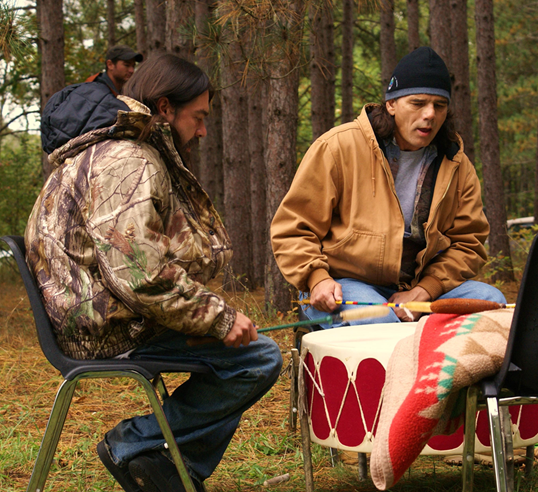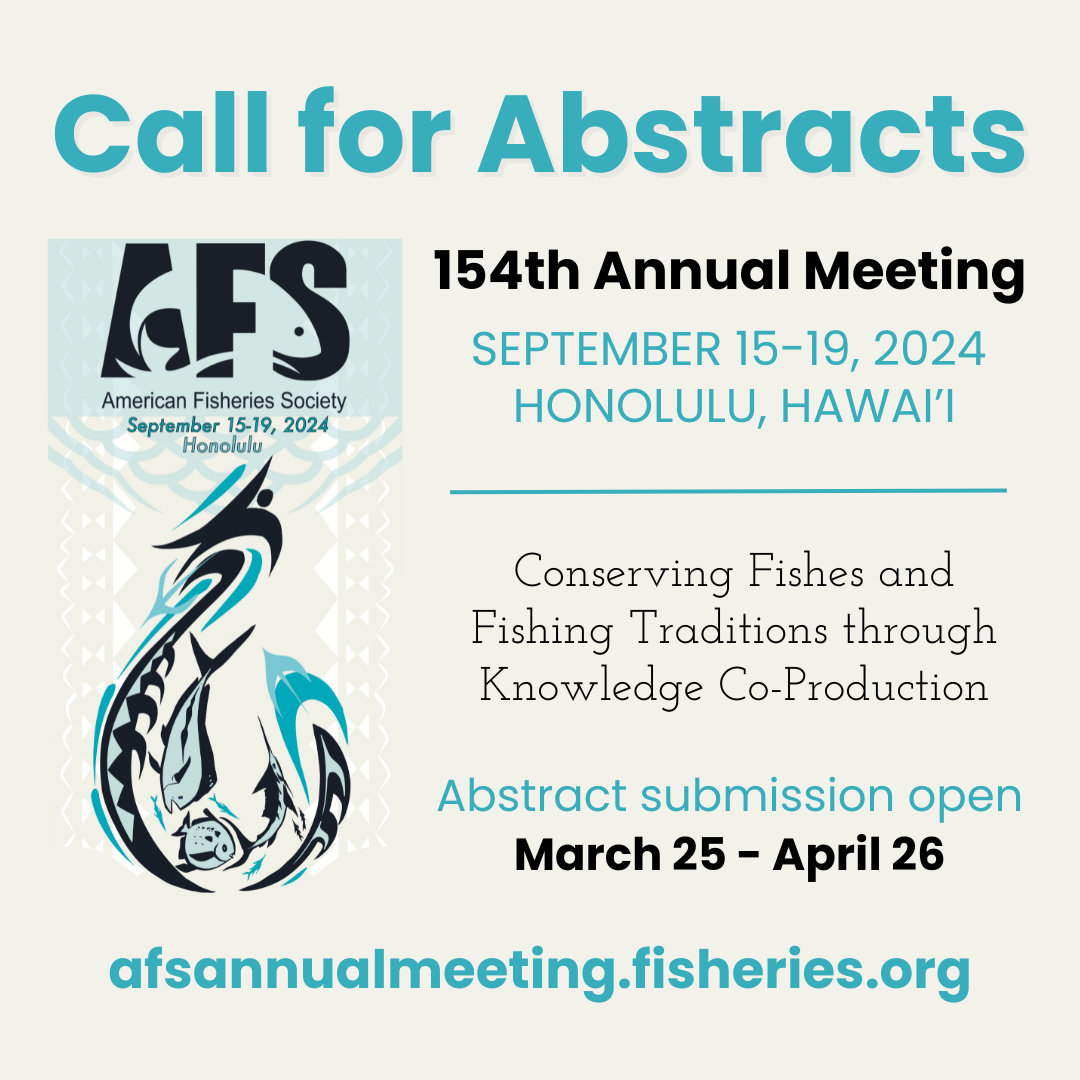American Fisheries Society Family of Websites:
Journals
Read our five journals and Fisheries magazine
Gray Literature Database
Find thousands of unpublished agency reports and other information
Annual Meeting
Join us in Honolulu in 2024
Divisions, Chapters, Sections
Find an AFS Unit near you or in your area of specialty
Climate Change and Fisheries
Learn how to communicate the effects of climate change on fisheries
Hutton Junior Fisheries Biology Program
Summer internships for high school students
Diversity, Equity, and Inclusion in Fisheries
Explore our initiatives to increase diversity in the Society and in the fisheries profession
Center for Fisheries Technology and Collaboration
Find fisheries science products and services
Center for Technology and Collaboration
Quick answers to common questions


 In 2007, the state of Michigan and five tribes entered into a consent decree that provides opportunity for collaborative fishery assessments and restoration activities. The struggles found in state and tribal cooperation are well known by many fisheries practitioners; less well known is the benefit, although described extensively in literature. To achieve this benefit, each participating culture must be granted an equitable and mutually beneficial role in the comanagement arrangement. To comprehend the range of perspectives and values for fishery assessment and restoration activities, we conducted semistructured interviews with state and tribal agency participants and evaluated work plan data. Similarities included focus on ecosystem sustainability and harvest opportunities; however, participants often assigned and described value differently through divergent western and indigenous knowledge systems. New areas for fostering cultural understanding, broader views, collaboration, and networking to develop shared priorities are proposed.
In 2007, the state of Michigan and five tribes entered into a consent decree that provides opportunity for collaborative fishery assessments and restoration activities. The struggles found in state and tribal cooperation are well known by many fisheries practitioners; less well known is the benefit, although described extensively in literature. To achieve this benefit, each participating culture must be granted an equitable and mutually beneficial role in the comanagement arrangement. To comprehend the range of perspectives and values for fishery assessment and restoration activities, we conducted semistructured interviews with state and tribal agency participants and evaluated work plan data. Similarities included focus on ecosystem sustainability and harvest opportunities; however, participants often assigned and described value differently through divergent western and indigenous knowledge systems. New areas for fostering cultural understanding, broader views, collaboration, and networking to develop shared priorities are proposed.


